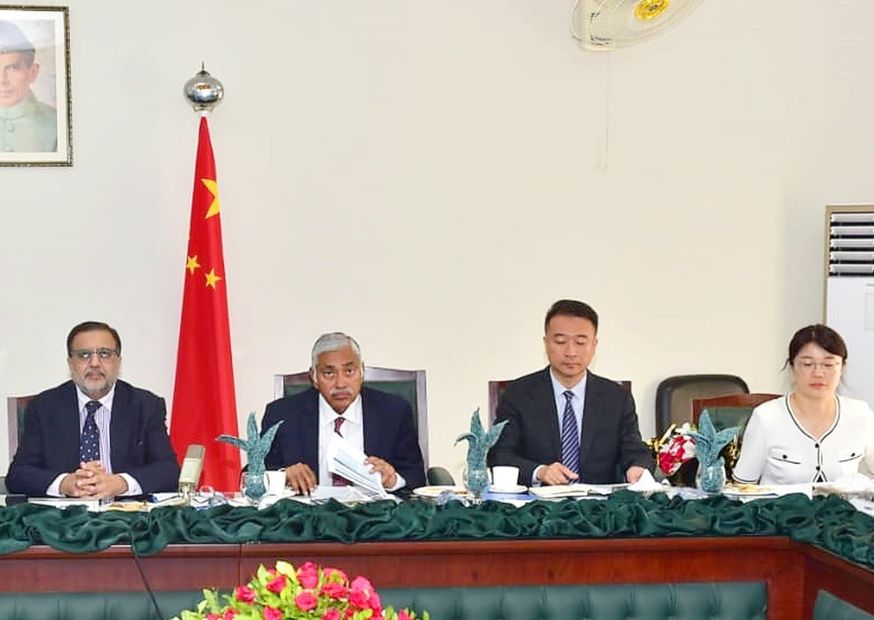ISLAMABAD: In a move that could redefine Pakistan’s agricultural future, the federal government has sought China’s assistance to overhaul the Pakistan Agricultural Research Council (PARC) and transform it into a modern and globally competitive institution.
Federal Minister for National Food Security and Research, Rana Tanveer Hussain, held detailed discussions with a high-level delegation from the Chinese Academy of Agricultural Sciences (CAAS). Drawing on its own institutional reform experience two decades ago, the Chinese delegation shared valuable insights, stressing the urgent need for PARC to adopt a forward-looking model capable of tackling Pakistan’s deep-rooted agricultural challenges.
The Chinese experts highlighted multiple concerns undermining PARC’s effectiveness, including chronic funding shortages, a lack of incentives for researchers, and weak ties with international organisations and private industry. They stressed that unless PARC is restructured with clear targets and long-term financing, Pakistan’s agricultural research would continue to lag behind regional and global standards.
The reform blueprint under discussion envisions a competitive framework for PARC with sustainable funding channels, stronger partnerships with industry, and active international collaboration. A major feature of the plan includes establishing a Centre of Excellence at the National Agricultural Research Centre (NARC) based on the CAAS model. This facility would focus on key areas such as climate resilience, sustainable production, and food security.
Moreover, an emphasis will be placed on researcher exchanges and training programmes between Pakistan and China, enabling local scientists to benefit from the successful reform journey of CAAS. Incentive mechanisms are also being considered to reward innovation and promote the commercialisation of research outputs, ensuring that Pakistan’s agricultural science directly benefits farmers and the wider economy.
With agriculture remaining the backbone of Pakistan’s economy, experts believe this collaboration could bring long-awaited reforms. However, the success of the plan will ultimately depend on political commitment, transparent monitoring, and the ability to bridge the gap between research and practice.
This story has been reported by PakTribune. All rights reserved.



